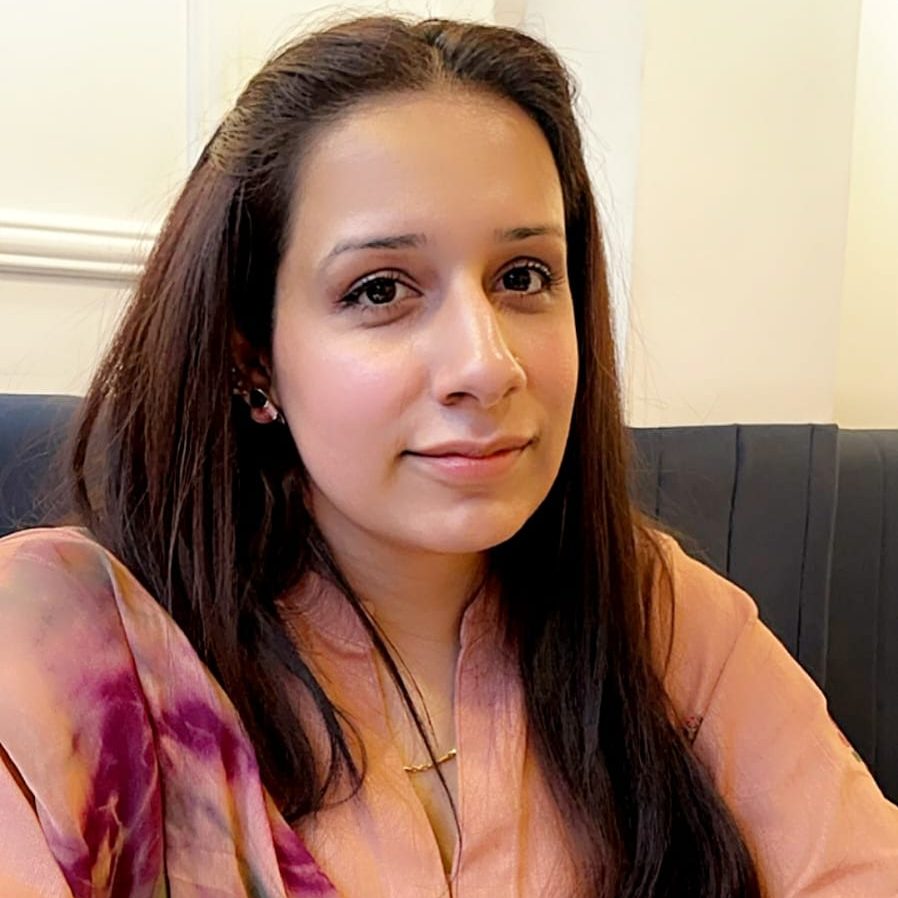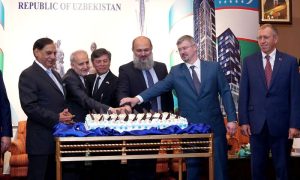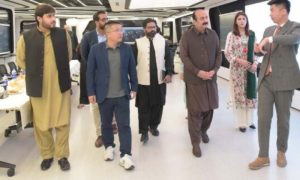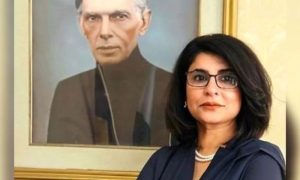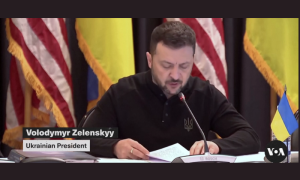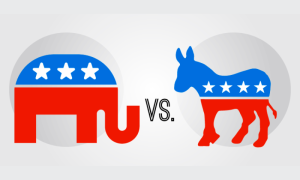The Hindu scriptures outline the roles and status of the hereditary classes that make up Indian society, known as castes. The Dalits, who were denied the right to education and forced into hard work or menial jobs, are at the lowest of the social hierarchy, while Brahmins, who assert that they alone possess the authority to execute religious rites, are at the supreme and unchallenged caste. During India’s independence, caste discrimination was not as conspicuous as it is today where radical Hindu mobs have even resorted to massacre of Dalits who attempted to proudly declare their status. In Maharashtra, a state jointly ruled by Prime Minister Narendra Modi’s Hindu nationalist Bharatiya Janata Party (BJP), a 22-year-old was killed by stabbing and beating earlier this month in remembrance of the Dalit economist and lawyer BR Ambedkar, who penned India’s constitution; an utter disregard to national heroes.
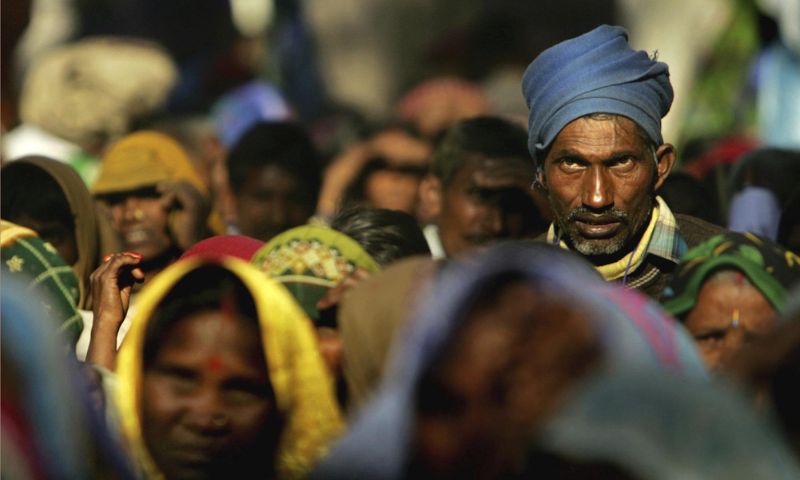
Dalits are one of the most marginalized groups in India, even though they only make up 16.6% of the country’s population. More than 400 incidents of crimes against Dalits were recorded in the first two months of 2024 alone; however, many of these acts go unreported and undetected, thus the number of cases that are documented is probably just a small portion of the total. This ongoing issue serves as a reminder of the larger issue of caste-based prejudice that has taken an ugly phenomenon in Indian society. According to the National Crime Records Bureau (NCRB), 10 Dalit women and girls are raped in India every day. This figure is a shocking revelation in a nation that is already well-known for its dismal record on women’s safety. These statistics show a dark reality, notwithstanding India’s self-proclaimed boasts about its laws and programmes targeted at elevating and empowering women. Dalits’ vulnerability is increased by the caste system, which is ingrained in Indian society and continues to be a source of violence and prejudice against them.
UN, US Take Notice of Human Rights Violations in India
The ongoing violence against Dalits and other marginalized communities is a socio-political issue that might have a significant impact on India, beyond merely a human rights concern. There is a growing amount of scrutiny surrounding the nation’s image abroad. The United Nations and members of the US Senate and House of Representatives have begun to take notice, and they are calling for sanctions on India because of Modi’s persistent abuses of human rights. If the government does not implement effective steps to address the root causes of this violence, the attention of the world community to these concerns might have serious diplomatic and economic consequences for India.
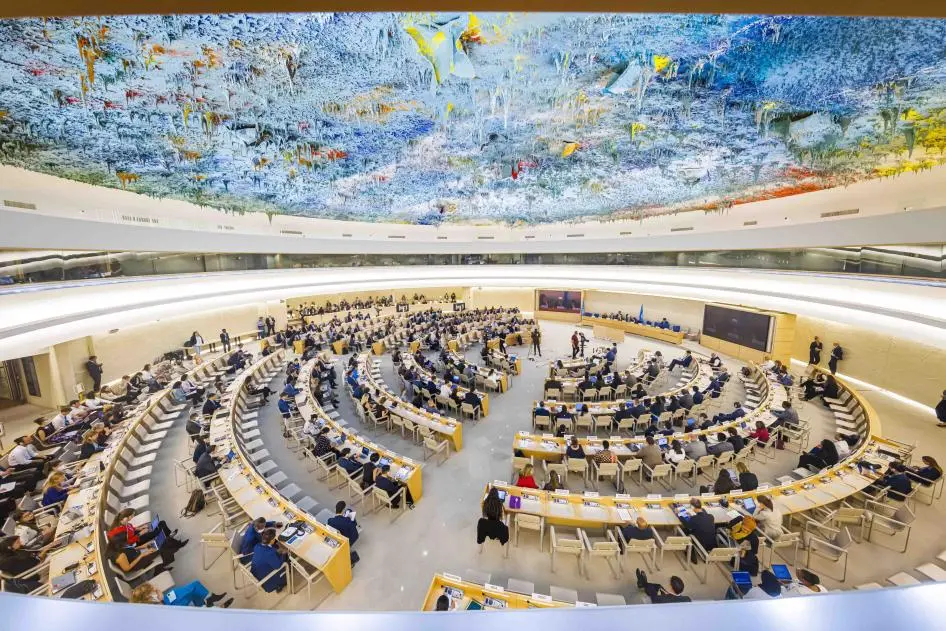
Caste Divisions and Education System in India
Despite advancing a narrative of growth and advancement, the Modi administration has come under fire for not doing more to alleviate the situation of the Dalits. In India, the education system perpetuates caste divisions; Dalit students are subjected to harassment and prejudice that impairs their chances for success in school. Discrimination is perpetrated by institutional impediments that persist despite reservations and scholarships, such as the underrepresentation of Dalits in academic and professional fields. Employment discrimination is particularly important as Dalits are frequently excluded from higher-paying professions and forced into low-paying occupations. Modi regime is absolutely averse to any attempt aimed at elevating Dalit people in Indian society. Private sector discrimination also remains rampant, contributing to their economic marginalization and social vulnerability.
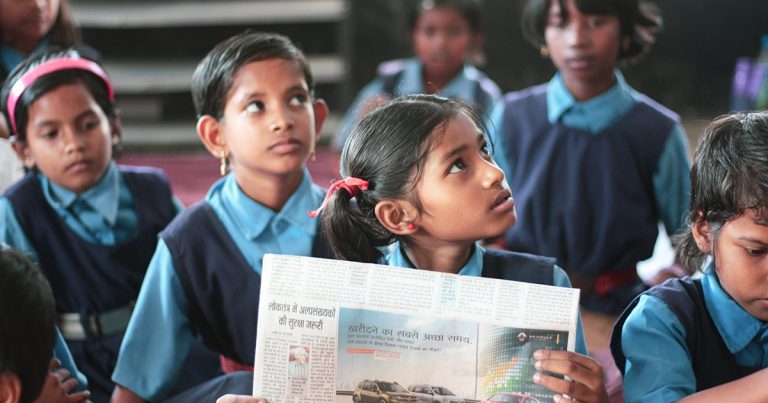
The Indian legal system, despite having provisions to protect Dalits, often fails to deliver justice. There are regular complaints of police apathy and court delays in instances involving Dalit victims, as well as uneven execution of status such as the Scheduled Castes and Scheduled Tribes (Prevention of Atrocities) Act. The absence of prompt and efficient legal action fosters a climate of impunity and gives offenders more confidence.

Modi, who visited US last year, has come under fire for his administration’s treatment of minorities, the disintegration of constitutional institutions, and the detention of opposition figures in India. Critics claim that his party wants to convert India into a Hindu nation where minorities like Muslims, Dalits, and others are considered as less than human. The consequences of a Modi’s state visit feel personal to some Americans because they are still being felt overseas. In public speeches, Modi advocates for the abolition of caste, stating lately that the only caste in India is “Indianness.” However, members of his own party back and shield Hindu vigilantes from higher castes. Though animosity towards minorities has often characterized India’s past, the rise of Modi, whose political career began in the wake of a Muslim tragedy in Gujarat in 2002, has given Hindu vigilantes more confidence. Since then, Modi has become as one of the most polarizing politicians in India, and these differences are starting to stir up the Indian diaspora residing in the US. Modi’s radical and apartheid policies towards minorities are reflective of a regressive India falling prey to its divisive mindset. Indian civil society is expected to take stock of the situation to preserve virtues and f plurality and secularism as claimed by so called world’s largest democracy.
–The author is an independent researcher who writes on issues concerning national and regional security, focusing on matters having critical impact in these milieus. She can be reached at [email protected]









